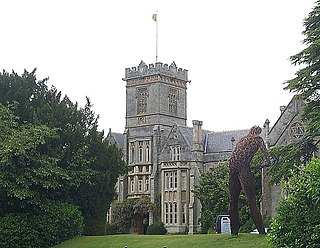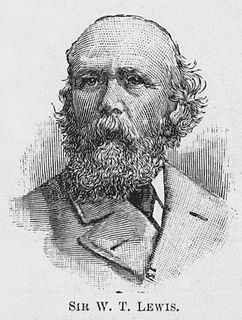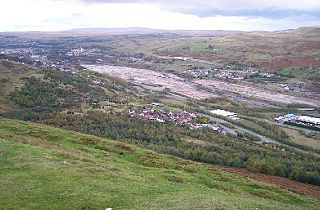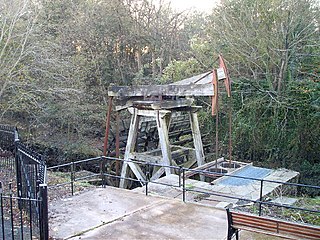Biography
Richard Thomas was born 05 Dec 1837 in Bridgwater, Somerset. He was the eldest son of Richard Thomas (25 Dec 1814-31 Jan 1895), a Somerset shipowner and merchant. The younger Richard Thomas attended the Wesleyan Collegiate Institute in Taunton before starting work as a clerk in his uncle's draper's shop in Oxford. [1] He then worked at various jobs in the coal mining industry in Wales, including as a coal exporter, a commission agent, a works manager and an accountant. In 1863, he moved into the tin plate industry when he became accountant and sub-manager of an iron and tin plate works in Neath. In 1871, he founded his own company: Richard Thomas & Co. He acquired tin plate works at Lydbrook in Gloucestershire and Lydney, and then the colliery at Lydbrook. Financial problems caused directly by the flooding of Lydbrook Colliery led Richard Thomas to liquidate his company in 1883, but it was relaunched as Richard Thomas & Co. Ltd in 1884, with the financial backing of the Barrow Hematite Steel Company. [1]

Bridgwater is a large historic market town and civil parish in Somerset, England. Its population currently stands at around 35,886 as of 2011. Bridgwater is at the edge of the Somerset Levels, in level and well-wooded country. The town lies along both sides of the River Parrett, and has been a major in-land port and trading centre since the industrial revolution. Most of its industrial bases still stand today. Its larger neighbour Taunton, is linked to Bridgwater via a canal, the M5 motorway and the GWR railway line.

Somerset is a county in South West England which borders Gloucestershire and Bristol to the north, Wiltshire to the east, Dorset to the south-east and Devon to the south-west. It is bounded to the north and west by the Severn Estuary and the Bristol Channel, its coastline facing southeastern Wales. Its traditional border with Gloucestershire is the River Avon. Somerset's county town is Taunton.

Queen's College is a co-educational independent school located in Taunton, the county town of Somerset, England. It is a day/boarding school for children aged 0–18. The school incorporates Nursery, Pre-Prep, Junior and Senior schools. The current Head Teacher of the Senior School (11–18) is Dr Lorraine Earps. Mrs Tracey Khodabandehloo is Headmistress of the Junior School (0–11)
Thomas married Anne Loveluck (06 Feb 1837–04 Apr 1914) daughter of John Loveluck of Hafod Talog, Margam in Cardiff on 18 February 1859. Anne bore thirteen children, a number of whom did not survive to adulthood. [2] His eldest son, Richard Beaumont Thomas, succeeded him as managing director of Richard Thomas & Co. Ltd. Three of his other surviving sons namely Harold Massey-Thomas of Moor Hall, Hubert Spence-Thomas of Cae Pwcella and Wyndham Partridge Thomas of Caxton House held prominent positions within Richard Thomas and Co. Ltd. Richard Thomas died in Bath on 28 September 1916. [1] His will was proved at £92,140 at Bristol Registry Office on 11 Apr 1917. By this time, Richard Thomas & Co. Ltd and its associated companies employed over 11,000 in South Wales. [1]

Cardiff is the capital of Wales, and its largest city. The eleventh-largest city in the United Kingdom, it is Wales's chief commercial centre, the base for most national cultural institutions and Welsh media, and the seat of the National Assembly for Wales. The unitary authority area's 2017 population was estimated to be 362,756, and the wider urban area 479,000. Cardiff is a significant tourist centre and the most popular visitor destination in Wales with 21.3 million visitors in 2017. In 2011, Cardiff was ranked sixth in the world in National Geographic's alternative tourist destinations.

Bath is the largest city in the ceremonial county of Somerset, England, known for its Roman-built baths. In 2011, the population was 88,859. Bath is in the valley of the River Avon, 97 miles (156 km) west of London and 11 miles (18 km) south-east of Bristol. The city became a World Heritage site in 1987.










